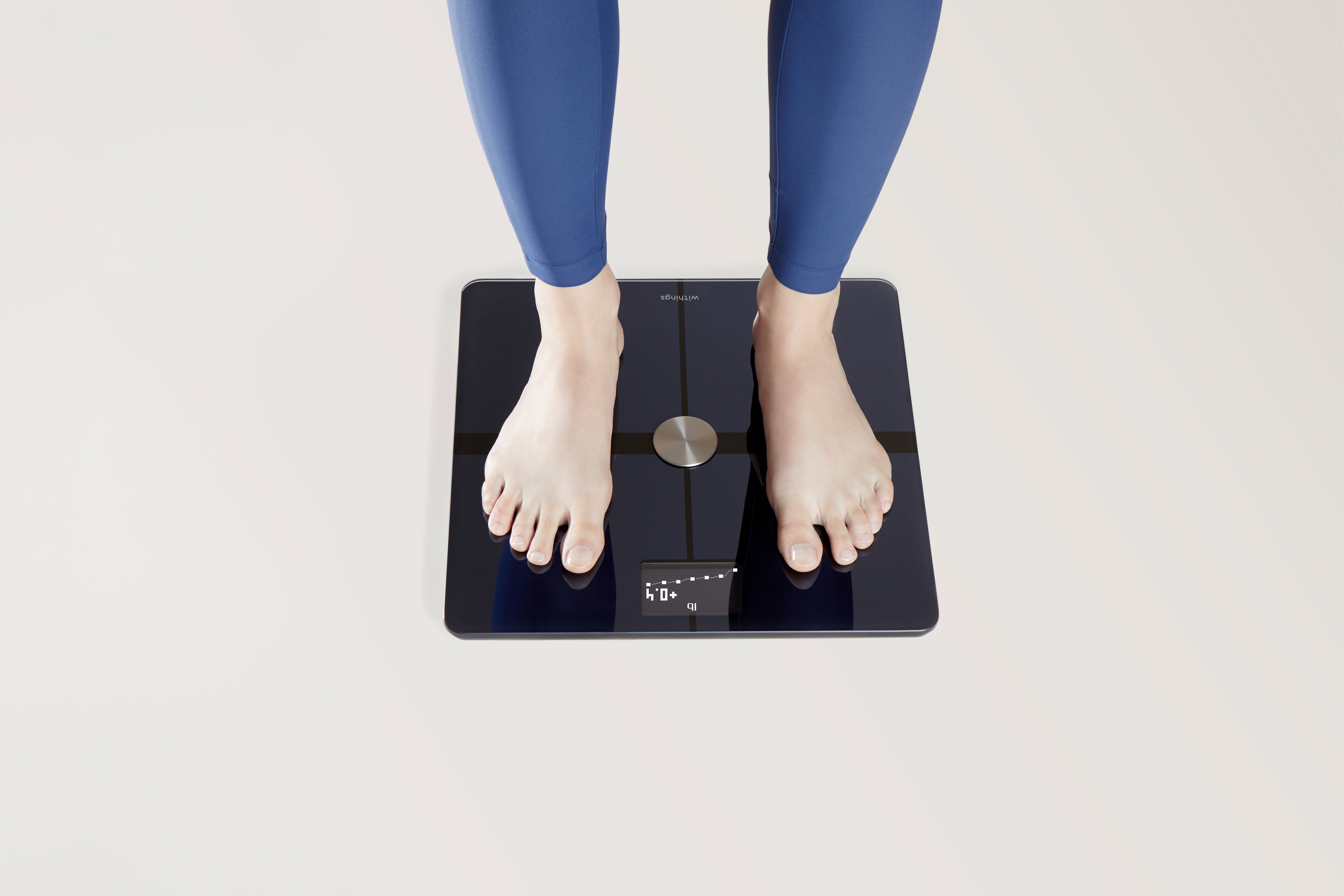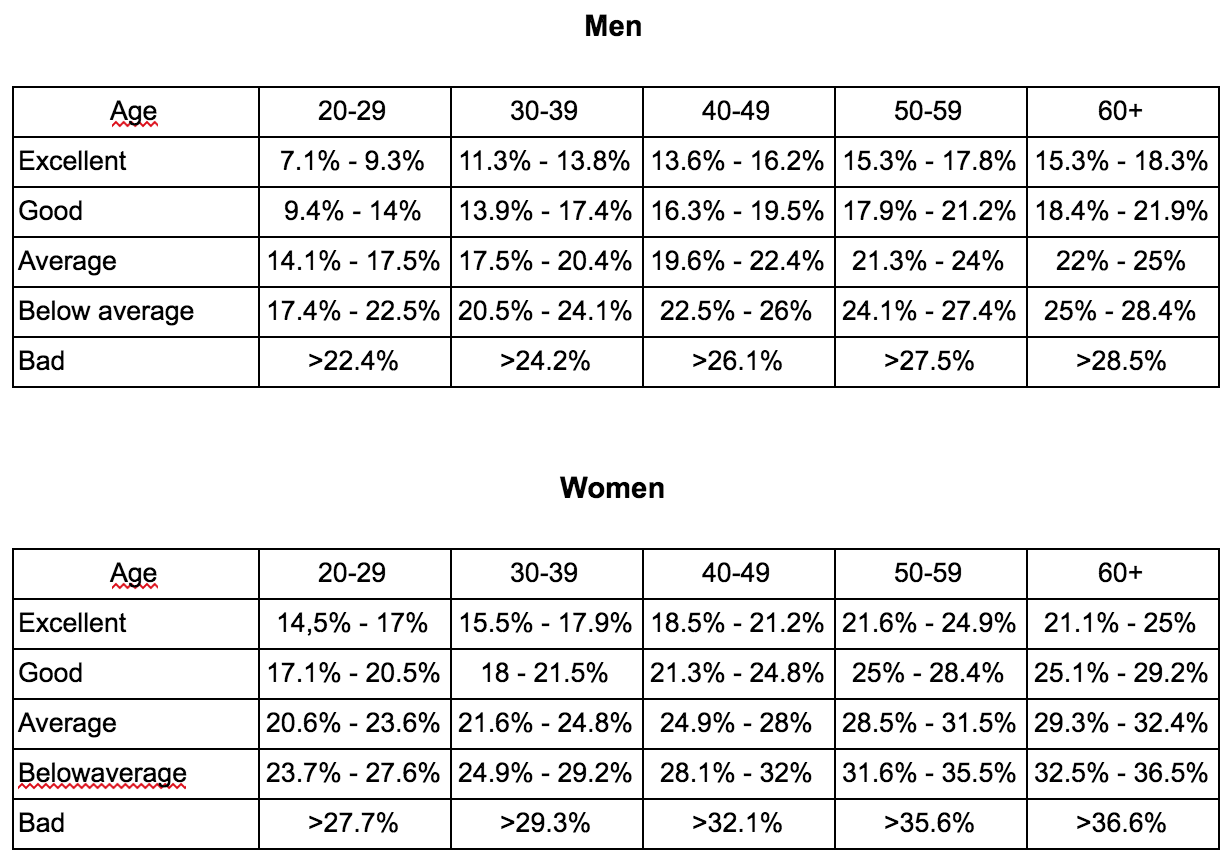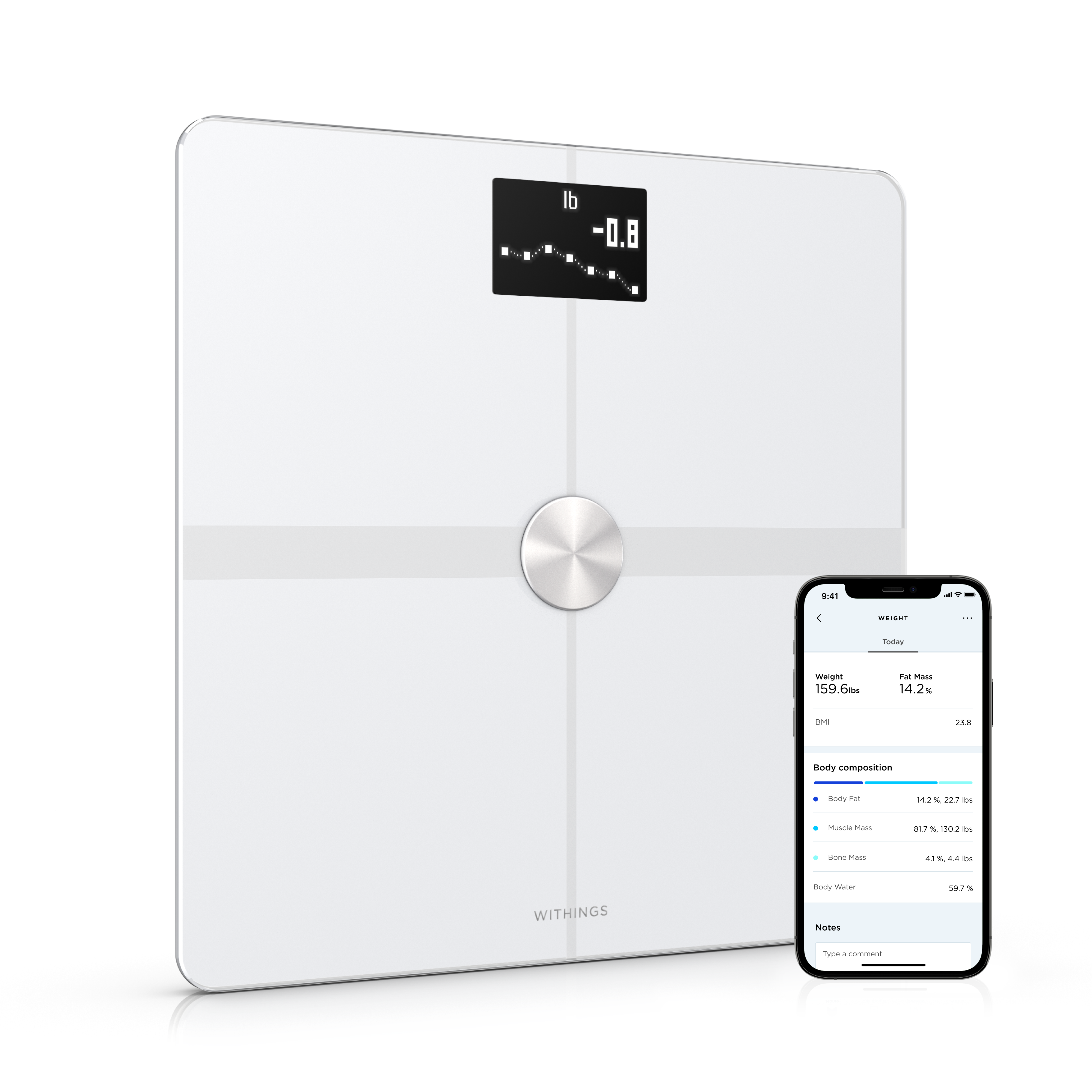
So you’ve decided to exercise more—but on the scale, your numbers aren’t falling. Is it because you’re gaining muscle? Read on to discover the answer.
So you’ve decided to lose weight. The number of pounds doesn’t matter—you have decided to make the change. To do it right, you have decided to combine a healthy diet with exercise. You weighed yourself, of course, before you started. For a week, you followed all the good nutritional advice from your doctor and/or nutritionist, and you played sports every other day (or almost). A week later, you weighed yourself. Nervously, you put both feet on the scale, and the verdict appeared on the digital screen: you’ve lost very little weight—or none at all. You confided your feelings to your spouse, your favorite colleague, your family and your friends. The answer to your complaint is unanimous: “It’s because you’re finally getting fit!” Then they tell you it’s totally normal that you gained or haven’t lost weight before exclaiming, “It’s because muscle is heavier than fat!”
The truth finally revealed
Are you ready for this? OK. Bad news…no—muscle is not heavier than fat. If you weigh two trays, one tray with one pound of muscle and one tray with a pound of fat, the scale will be perfectly aligned. One pound of muscle is equal to one pound of fat.
But one pound of muscle takes up less space than a kilogram of fat because of a difference in density. “One pound of feathers is the same as one pound of iron, but they occupy a different amount of space,” says Dr. Thanu Jey, CSCS, Clinic Director at Yorkville Sports Medicine Clinic. “Lean muscle tissue is denser than fat. This means for the same amount of weight, muscle tissue will occupy less space in your body than fat, making you look smaller.”
And if your weight seems like it’s increased, don’t worry.
“If you’ve recently started a weight training program and your weight on the scale has stayed the same or even gone up, it may be an indication that your body is adding lean muscle tissue, which is a big positive in your health for the long run,” Jey says.
How do you know if you’ve lost fat?
The most effective way to verify that your new lifestyle is having an impact on your body fat is to weigh yourself on an impedance meter scale—one that that, in addition to weight, displays percentages of muscle mass and body fat. Ideally, this scale will also show your bone mass and the amount of water in your body. For more information, see our blog post on how to weigh yourself as accurately as possible. If your body fat percentage decreases, your new lifestyle is working. So don’t be discouraged.
What is fat for?
You will never have a body fat percentage that’s close to zero, no matter how hard you work, because your organs need fat to work. There are two types of fat:
- Essential fat: Located almost everywhere in your body, mainly in the organs, this fat ensures the proper functioning of your body, including nervous and cognitive functions.
- Storage fat: Located in fat tissue (hello cellulite!), some of this fat is used to protect your organs from shock and trauma. It is therefore necessary. However, beyond a certain percentage, it becomes useless and even dangerous to your body. Excess fat can slow down the sending of signals from your muscles and organs to your brain.
To learn more about fat levels, you can check out our blog post “What is a Healthy Body Fat Percentage (Lean-to-Fat Ratio)?” Your body fat percentage can vary depending on your gender and age. For more information, see the tables below, which are based on information from the American College of Sports Medicine.

Do not be discouraged if you courageously decide to embark on a new way of life, but don’t see immediate changes in your weight. If you want a permanent change, try to focus on weight loss over the long term, and don’t be surprised by the numbers. If you want to keep track of your progress, (here comes a pitch) Withings offers several smart scales, including Body+ and Body Cardio, that will give you accurate body composition readings… and help you to stay motivated!
So in short, now you know muscle doesn’t weigh more than fat, and why, and even how to track it all. But really, keep on keeping on your health and fitness journey and know that even if they’re wrong, they are just trying to encourage you so, maybe just let them?



